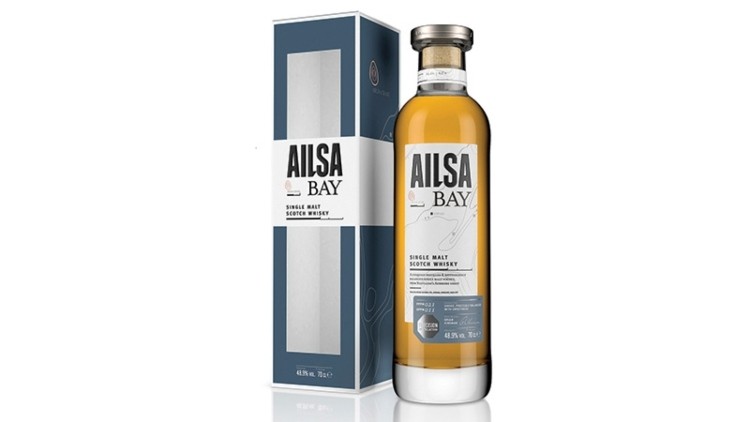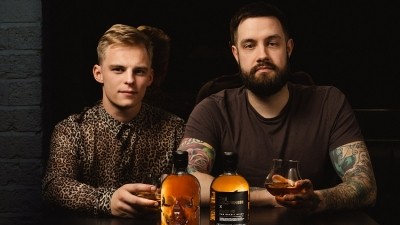Alisa Bay releases ‘world’s first’ blockchain whisky to combat fakes

In partnership with specialist blockchain technology company arc-net, the whisky manufacturer aims to transform the spirit through experimentation, technology, precision distilling and data-driven methods.
Its use of blockchain – which is based on bitcoin technology – captures the full distilling and manufacturing process, giving customers the chance to track their whisky from source to store; ensuring authenticity and traceability.
Consumers can trace the origins of their whisky via an innovative web experience, which is individually tailored to each bottle.
By scanning a QR code, users are presented with a visual history of their whisky, produced using digitally created art generated by blockchain data, which is unique to the drink’s journey.
Dominic Parfitt of William Grant & Sons, explained the decision behind using the technology and added that innovation is a “key part” of the business.
"We’re constantly looking to evolve our offer and learn new things in order to push the boundaries within the drinks industry," explained Parfitt.
"We’re doing something now that we hope will set the bar for the future experience of spirits, and we look forward to seeing how other brands follow suit as innovation within the industry continues to develop in the next few years."
According to a recent report from the European Union’s Intellectual Property Office, it is currently estimated that around £220m is lost from the UK economy each year due to counterfeit wines and spirits entering the market.
By the end of 2016, fake Scotch whisky bottles worth close to a total of £1m were removed from the market in which one broker called “just the tip of the iceberg”.
A number of companies within the drinks industry are now toying with blockchain in an effort to crack down on counterfeiting.
Everledger, a London-based technology company that uses blockchain technology to track the provenance of diamonds and other valuable products, announced a partnership with labelling and adhesive specialist Avery Dennison in January, to create wine labels with digital traceability.





